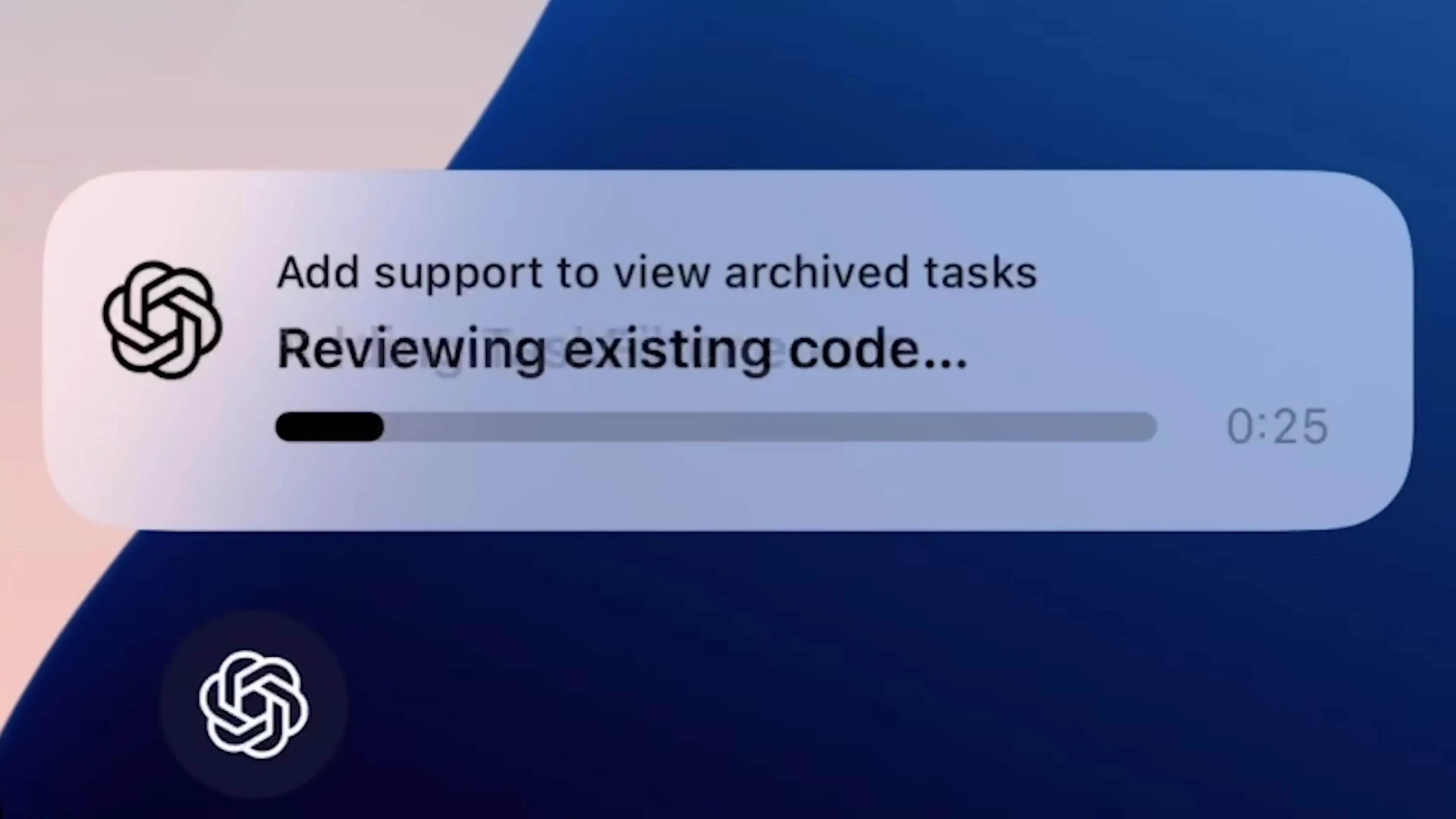
The relationship between developers and their tools has always been critical to productivity. With the emergence of AI-powered coding assistants like Codex AI, we're witnessing a fundamental shift in how developers approach their work. An OpenAI iOS and macOS engineer shares valuable insights about how Codex AI programming is transforming development workflows and boosting productivity in unprecedented ways.

Understanding the Human-Computer Bottlenecks
When examining the interaction between humans and computers during the development process, two distinct bottlenecks emerge:
- **Brain bottlenecks**: When the developer struggles with conceptualizing solutions, requiring more time for thinking and whiteboarding
- **Hand bottlenecks**: When the developer knows the solution but is limited by typing speed to implement the code
Codex AI coding tools address the second bottleneck brilliantly. When developers know what they want to build but are constrained by implementation time, AI coding assistants can dramatically accelerate output. As the engineer puts it: "I'm no longer limited by the speed of my hands."
How to Use Codex AI in Real Development Workflows
The practical application of Codex artificial intelligence in development workflows demonstrates its true value. Here's how an OpenAI engineer leverages Codex AI in their daily work:
- **Project scaffolding**: Codex can set up the basic structure of a project, creating the necessary files and configurations
- **Feature implementation**: Developers can describe features in natural language and have Codex generate the implementation code
- **Parallel development**: While working on one task, developers can have Codex prepare starting points for subsequent tasks
One particularly powerful example shared was using Codex AI programming to create a separate Swift package. The AI set up the project basics, allowing the developer to immediately focus on implementing features rather than boilerplate setup code.
Codex AI Demo: Creating an Archive Feature
In a practical demonstration, the engineer showed how Codex community AI tools can be used to implement a feature for viewing archived tasks in an iOS application:

The process was straightforward: the developer simply described the desired functionality in natural language, and Codex AI coding capabilities generated the necessary code. Progress could be monitored through a live activity indicator, allowing the developer to track the AI's work in real-time.
// Example of how a developer might prompt Codex AI
// "Create a view for displaying archived tasks in SwiftUI"
// Codex might generate code like this:
struct ArchivedTasksView: View {
@ObservedObject var viewModel: TasksViewModel
var body: some View {
List {
ForEach(viewModel.archivedTasks) { task in
TaskRow(task: task)
}
}
.navigationTitle("Archived Tasks")
}
}Parallel Development: A New Paradigm
One of the most significant advantages of Codex OpenAI demo capabilities is enabling a form of parallel development. As the engineer explained: "As a developer, I can only work on one thing at a time. But if I know I need to do five things, I can get them started [with Codex]."
This approach transforms the development workflow by allowing developers to queue up multiple tasks. While they focus on completing one task, Codex AI prepares the groundwork for subsequent tasks, creating a continuous pipeline of development that wasn't possible before.
The Impact of Codex AI on Developer Productivity
The real-world impact of Codex AI programming on productivity is substantial. The OpenAI engineer described it as "a massive change in productivity and how I work." This sentiment reflects a broader transformation happening across the development community as AI coding tools become more sophisticated.
- **Time savings**: Routine coding tasks that once took hours can be completed in minutes
- **Focus enhancement**: Developers can concentrate on high-value problem-solving rather than repetitive coding
- **Reduced context switching**: By having AI handle setup and boilerplate, developers maintain focus on core functionality
- **Learning acceleration**: New developers can learn patterns and best practices from AI-generated code
Best Practices for Using Codex AI in Development
To maximize the benefits of Codex artificial intelligence in your development workflow, consider these best practices:
- **Start with scaffolding**: Use Codex AI to set up project structures and boilerplate code
- **Be specific in prompts**: The more detailed your instructions, the better the generated code will match your needs
- **Review generated code**: Always review and understand code before integrating it into your project
- **Iterate with feedback**: If the first generation isn't perfect, refine your prompt and try again
- **Combine human and AI strengths**: Use Codex for speed and consistency, while applying human creativity to solve complex problems
The Future of Development with AI Codex
As tools like Codex AI programming continue to evolve, we can expect even greater integration into development workflows. The future likely holds more sophisticated code generation, improved understanding of developer intent, and even greater productivity gains.
The most exciting aspect is that these tools are developed through internal usage. As the OpenAI engineer noted, "The best products that we've released have come out of internally using them." This virtuous cycle of development and usage ensures that AI coding tools will continue to improve in ways that genuinely benefit developers.
Conclusion
Codex AI is transforming how developers work by addressing the hand bottleneck in the human-computer interaction. By automating routine coding tasks and enabling a form of parallel development, Codex artificial intelligence allows developers to accomplish more in less time while focusing their mental energy on solving complex problems.
For developers looking to boost their productivity, learning how to use Codex AI effectively is becoming an essential skill. As these tools continue to evolve and improve, we can expect them to become an indispensable part of the modern development toolkit, further blurring the line between human creativity and machine efficiency.
Let's Watch!
How Codex AI Boosts Developer Productivity: A Real-World OpenAI Example
Ready to enhance your neural network?
Access our quantum knowledge cores and upgrade your programming abilities.
Initialize Training Sequence